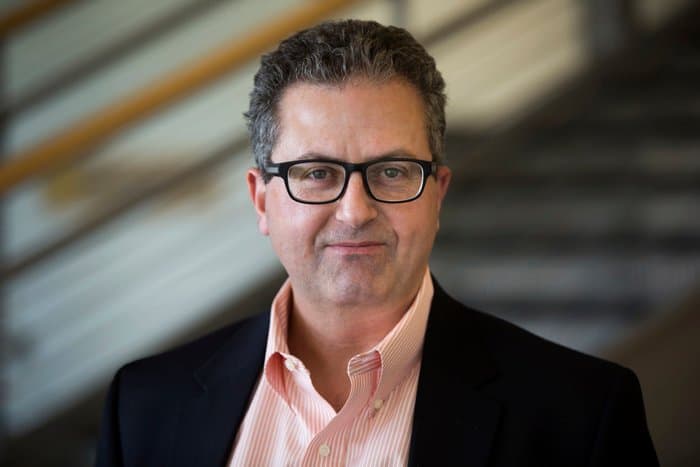AI Researcher Adrian Weller
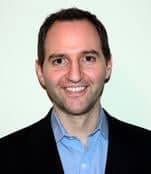
Contents
AI Safety Research
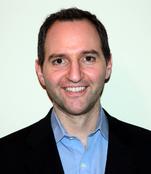
Adrian Weller
Senior Research Fellow, Department of Engineering
University of Cambridge
Project: Investigation of Self-Policing AI Agents
Amount Recommended: $50,000
Project Summary
We are unsure about what moral system is best for humans, let alone for potentially super-intelligent machines. It is likely that we shall need to create artificially intelligent agents to provide moral guidance and police issues of appropriate ethical values and best practice, yet this poses significant challenges. Here we propose an initial evaluation of the strengths and weaknesses of one avenue by investigating self-policing intelligent agents. We shall explore two themes: (i) adding a layer of AI agents whose express purpose is to police other AI agents and report unusual or undesirable activity (potentially this might involve setting traps to catch misbehaving agents, and may consider if it is wise to allow policing agents to take corrective action against offending agents); and (ii) analyzing simple models of evolving adaptive agents to see if robust conclusions can be learned. We aim to survey related literature, identify key areas of hope and concern for future investigation, and obtain preliminary results for possible guarantees. The proposal is for a one year term to explore the ideas and build initial models, which will be made publicly available, ideally in journals or at conferences or workshops, with extensions likely if progress is promising.
Technical Abstract
We are unsure about what moral system is best for humans, let alone for potentially super-intelligent machines. It is likely that we shall need to create artificially intelligent agents to provide moral guidance and police issues of appropriate ethical values and best practice, yet this poses significant challenges. Here we propose an initial evaluation of the strengths and weaknesses of one avenue by investigating self-policing intelligent agents. We shall explore two themes: (i) adding a layer of AI agents whose express purpose is to police other AI agents and report unusual or undesirable activity (potentially this might involve setting traps to catch misbehaving agents, and may consider if it is wise to allow policing agents to take corrective action against offending agents); and (ii) analyzing simple models of evolving adaptive agents to see if robust conclusions can be learned. We aim to survey related literature, identify key areas of hope and concern for future investigation, and obtain preliminary results for possible guarantees. The proposal is for a one year term to explore the ideas and build initial models, which will be made publicly available, ideally in journals or at conferences or workshops, with extensions likely if progress is promising.
Workshops
- The Future of Artificial Intelligence: January 11-13, 2016. New York University, NY.
- Reliable Machine Learning in the Wild: June 23, 2016. ICML Workshop, NY.
- This workshop discussed a wide range of issues related to engineering reliable AI systems. Among the questions discussed were (a) how to estimate causal effects under various kinds of situations (A/B tests, domain adaptation, observational medical data), (b) how to train classifiers to be robust in the face of adversarial attacks (on both training and test data), (c) how to train reinforcement learning systems with risk-sensitive objectives, especially when the model class may be misspecified and the observations are incomplete, and (d) how to guarantee that a learned policy for an MDP satisfies specified temporal logic properties. Several important engineering practices were also discussed, especially engaging a Red Team to perturb/poison data and making sure we are measuring the right data.
- More details of the workshop can be found at our website: https://sites.google.com/site/wildml2016/.
About the Future of Life Institute
The Future of Life Institute (FLI) is a global think tank with a team of 20+ full-time staff operating across the US and Europe. FLI has been working to steer the development of transformative technologies towards benefitting life and away from extreme large-scale risks since its founding in 2014. Find out more about our mission or explore our work.
Related content
Other posts about AI Researcher Profile
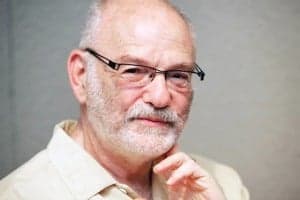
AI Researcher Wendell Wallach
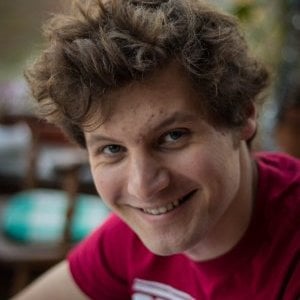
AI Researcher Michael Webb
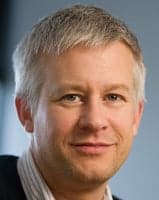
AI Researcher Daniel Weld
